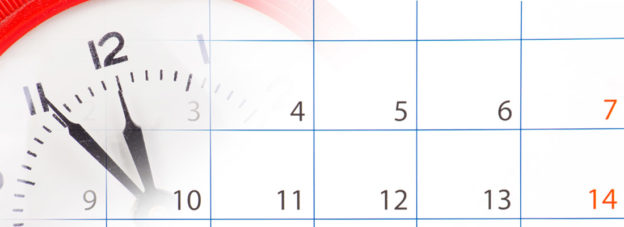In Ohio Sec. Ins. Co v. Brakefire, Inc., CA. No. 5:24-cv-267, 2024 U.S. Dist. LEXIS 97606 (Brakefire), the United States District Court for the Northern District of Ohio considered whether a subrogating plaintiff’s negligence claim against a fire sprinkler maintenance company was barred by the maintenance contract between the parties. The court held that even though the plaintiff only asserted a negligence claim, the action was essentially rooted in the contract and, thus, the subrogation waiver and accelerated one-year limitations period in the contract barred the plaintiff’s action entirely. In addition, the court held that because the claim was based on the obligations set forth in the contract, the plaintiff could not proceed in tort.
In Brakefire, the plaintiff’s insured, Skyways Petroleum, LLC owned and operated a Comfort Inn & Suites Hotel (Comfort) in Kent, Ohio. Prior to February 2022, Comfort contracted with defendant Brakefire, Inc. (Brakefire) for maintenance of the fire suppression sprinkler system. The contract contained a limitation of liability provision which stated that no action shall be brought against the service provider “more than one (1) year after the accrual of the cause of action.” The provision also stated that the parties “agree that their respective insurance companies shall have no right of subrogation against the other on account thereof.” In February 2022, the hotel experienced a severe water loss caused by a sprinkler pipe freezing and bursting. As the hotel’s property insurance carrier, the plaintiff paid over $3.5 million to repair the damages.








